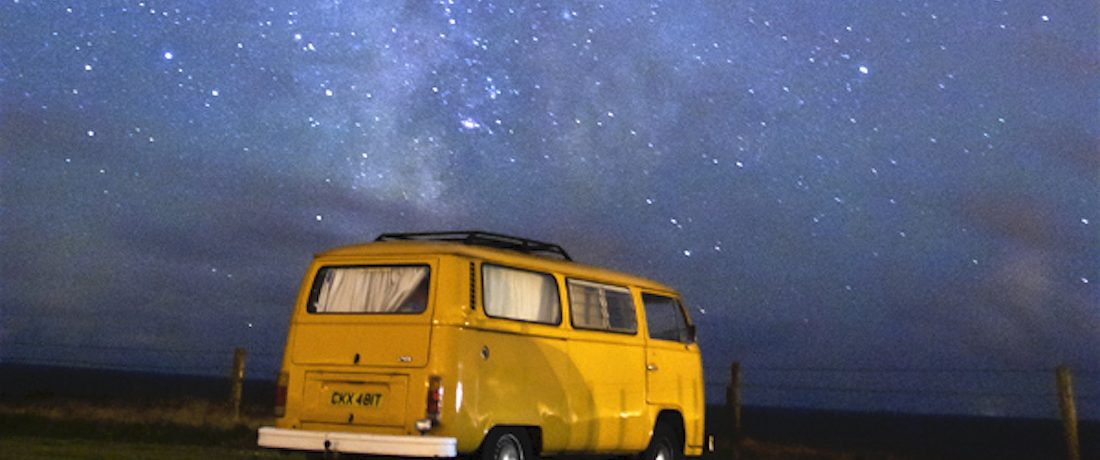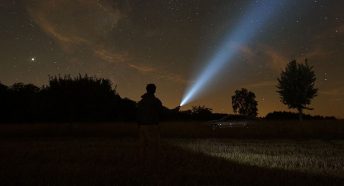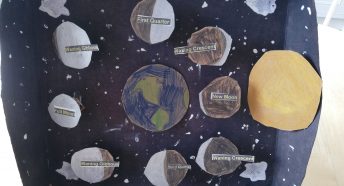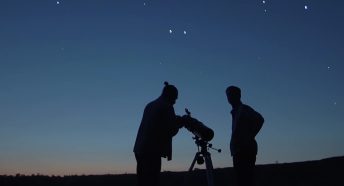Starry Skies Campaign – Bristol and Bath
Due to the threat of Covid-19, all our Starry Skies events and talks have been postponed until Jan-March 2021. We will continue our work behind the scenes in the meantime, but we hope you can make some of our winter 2021 events! (Image: Andrew Whyte)
Our Starry Skies campaign is about giving local people, including families and younger people from urban areas, the opportunity to experience the wonder of the nights sky. Restarting in January 2021, our stargazing sessions across the Bristol and Bath area will raise awareness of the value of dark skies, the effect of light pollution on our view of the night sky, its impact on the countryside, wildlife and human health, and how we can reduce it.
A star-filled sky is one of the most magical sights you can see in the countryside. Stars have inspired art and culture for thousands of years. But too often, light pollution means that many of us can’t see the stars, especially if we live in or near a big town or city. Just 2% of people in England experience ‘truly dark skies’.
Dark skies are also important for the health and well being of people and animals. Too much artificial light can disrupt our sleep and confuse wildlife. Light pollution is also a large contributor to carbon emissions, so reducing unnecessary light can help address climate change.
Between January and March 2021, we will run free events that everyone is welcome to attend. These events will consist of a combination of talks, workshops, space-themed activities and star gazing sessions, and are open to children and adults alike. They are designed to help people feel connected with our beautiful countryside (the benefits of this for well-being are widely recognised), and also highlight the effects of light pollution on our view of the night sky and its impact on our own health, on the countryside and to wildlife.
This project builds on the charity’s annual national Star Count Campaign which maps the country’s darkest skies and identifies areas impacted by significant light pollution. It also compliments the recent recommendation published by the Government for ‘a night under the stars in a national landscape for every child’.







